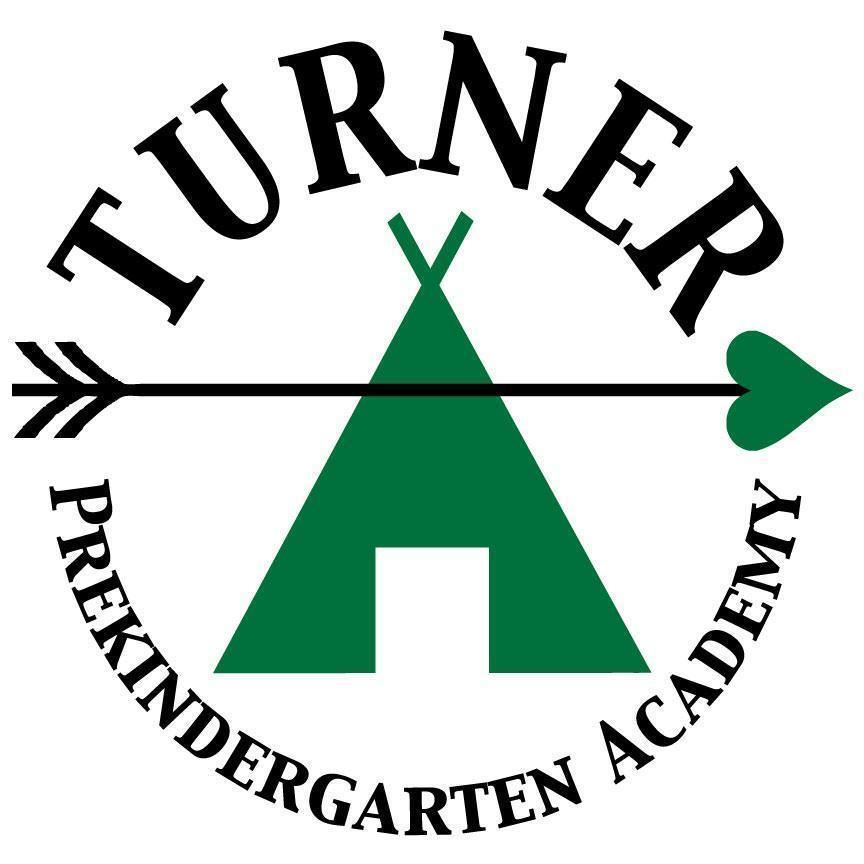Turner, where the love of learning begins.
-

Who was Matilda Turner, the namesake of Turner Pre-Kindergarten Academy?
Matilda Turner was born into slavery in Hancock County, Georgia, and maintained a decades-long relationship with the Getzendaner family, who eventually moved to Waxahachie.
In September 1948, the daughter of William Harrison Getzendaner and Willia Elizabeth Latimer, Willia Getzendaner-Skinner (1869-1954), donated six-and-a-half acres of land on Getzendaner Road in memory of Matilda Turner.
Skinner was almost 80 years old when she chose to honor Matilda, with whom she had developed a bond when she was a young girl. Skinner was quoted as saying Matilda gave “faithful devotion” to her mother and family “for nearly three-quarters of a century.”
The site was dedicated to “Matilda Turner Park,” and was “to be used for the benefit of the colored people of this community at the discretion of the Waxahachie School Board.”
In May 1952, then-superintendent T.C. Wilemon announced the new all-Black school would be Turner High School.
Matilda does not appear in any Getzendaner or Skinner households after the 1880 census. However, other household employees do, suggesting that she died before 1900.
Child-Centered Programs
Learning Environment
-
Our programs reflect the belief that children are active learners and they build meaning and understanding through full participation in their learning environments. Our child-centered programs combine high expectations for each child with respect to individual development.
Teachers prepare the environment for children to learn through active exploration and interaction with other children and materials. Children are provided hands-on learning activities with materials relevant to their own life experiences. The classrooms are arranged to facilitate flexible grouping and multitasking.
Students are given opportunities to participate in the library, music, art, PE classes, and STEM activities.
The early childhood environment is created for children to develop:
- responsibility for their own behavior;
- a sense of responsibility for completing assigned tasks;
- oral and written language skills;
- an understanding of mathematical concepts;
- self-confidence and self-worth through secure relationships and independence through meaningful learning experiences.
Curriculum & Instruction
-
In WISD, early childhood curriculum and instruction are based on the Texas Pre-Kindergarten Guidelines (state standards). The teachers in these classrooms implement:
- Frog Street, a comprehensive early childhood program that integrates all domains as required by state standards.
- Handwriting Without Tears (Get Set) curriculum to teach the mechanics of handwriting
- Handwriting Without Tears (Numbers and Math) curriculum to teach mathematics
- Conscious Discipline-an evidenced-based discipline approach program that is built on the premise of developing the discipline within children rather than applying discipline to them. This program integrates classroom management with social-emotional learning.
- Ready Rosie-a video modeling & mobile technology program created to build partnerships between families and educators to promote school readiness. Using peer-to-peer modeling and two-way communication, parents are supported and empowered in their child's learning.
Assessments
-
The prekindergarten classroom teachers utilize the Circle Progress Monitoring System, a technology-driven tool that enables a teacher to assess a child’s progress in a particular skill area. The Head Start teacher administers the GOLD assessment. Both assessments enable educators to focus on and measure the knowledge skills, and behaviors most predictive of school success. Both tools assess areas such as:
- Social and emotional development
- Language and communication
- Emergent literacy reading
- Emergent literacy writing
- Mathematics
Teachers also use other strategies such as observations, report card testing, checklists, discussions, projects, and performance tasks to measure a student’s progress.

